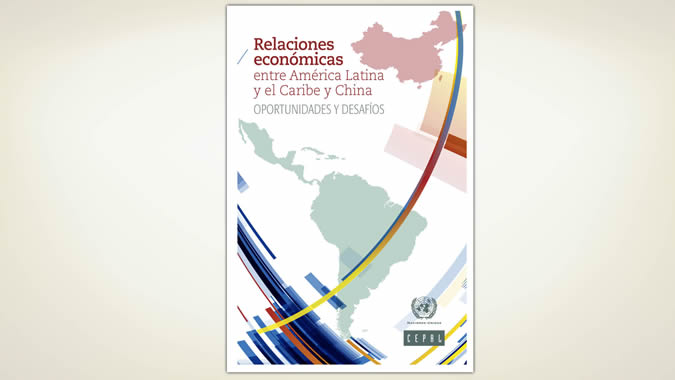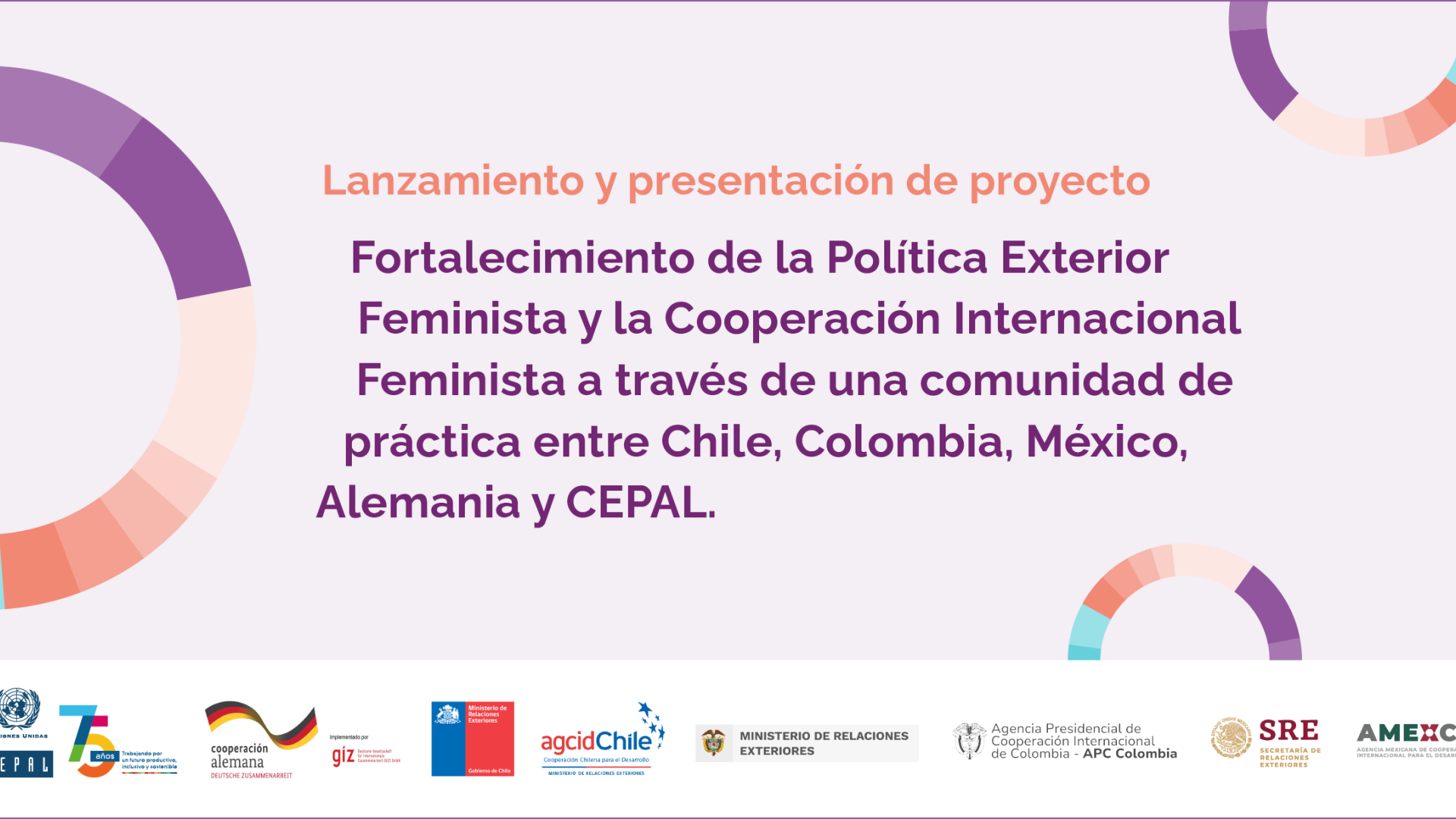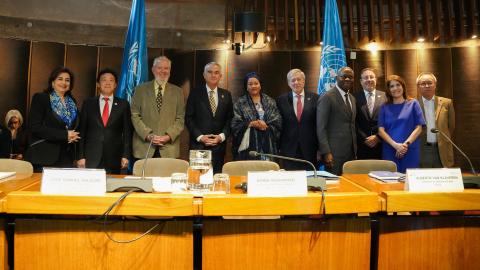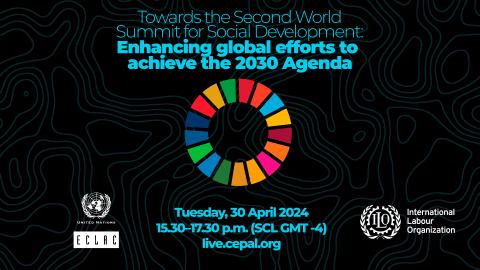Briefing note
Latin America and the Caribbean have great potential for improving their economic and cooperative ties with China, a country that has already become the region’s second-largest trading partner, according to a new ECLAC document presented during the visit made by President Xi Jinping to the headquarters of the United Nations Regional Commission in Santiago, Chile, on 22 November 2016.
The report Economic Relations between Latin America and the Caribbean and China: Opportunities and Challenges (in Spanish) was presented by the Executive Secretary of ECLAC, Alicia Bárcena, at the Summit of Media Leaders, which opened with a ceremony attended by President Xi and Chilean President Michelle Bachelet.
The study reports that trade in goods between Latin America and the Caribbean and China grew 23-fold from 2000 to 2013, when it set an all-time record. Between 2000 and 2015, China’s share of the region’s exports rose from 1% to 10%, while its participation in the region’s imports grew from 2% to 18%.
From 2013 to 2015, however, the region’s exports to China fell by 23% in dollar terms, chiefly as a result of the Asian powerhouse’s slower growth. This has led to reduced demand for the raw materials that represent the majority of the region’s exports to China and significant drops in the prices they command.
Meanwhile, Chinese foreign direct investment (FDI) in the region reached a historical maximum of almost 14 billion dollars in 2010 (accounting for 11% of the region’s total FDI that year). Since then, FDI has continued to arrive from China, but in smaller amounts: current levels are estimated at between 6 and 10 billion dollars a year, representing between 3% and 8% of the total FDI received by the region.
In her presentation, Bárcena noted that Latin American and Caribbean exports to China were much less sophisticated than their exports to the rest of the world: five products alone accounted for 69% of the region’s total sales to China in 2015 (soya beans, iron, copper concentrates, refined copper, and oil and petroleum by-products). The dynamics of Chinese foreign direct investment in the region reinforce this pattern: between 2010 and 2015, almost 90% of China’s FDI was channelled into extractive activities, most particularly mining and hydrocarbons.
As a result, major opportunities exist for improving the quality of mutual relations and for implementing the 2015-2019 Cooperation Plan that was adopted at the First Ministerial Meeting of the China–CELAC Forum, held in Beijing in January 2015. That plan includes the target of reaching 500 billion dollars in trade and 250 billion dollars in reciprocal FDI by 2025.
In its new report, ECLAC states the view that modifying the structure of trade and investment flows is equally or more important than expanding them in absolute terms. Specifically, the region needs much greater progress in diversifying its exports to China. Greater diversification in Chinese FDI, moving away from extractive activities, would be of immense support in that undertaking. In addition, Chinese cooperation with the region could focus on sharing the major advances that the country has made with embracing the digital revolution and transitioning towards a green economy. In this way, China could provide decisive support for the structural change that the region urgently requires to set out on the road towards sustainable development.
The document also proposes that the region and China explore possibilities for cooperation and for reaching common positions regarding the main issues on the global governance agenda. In that context, a joint rethink about globalization is essential in order to ensure better economic and financial governance, multilateral trade without protectionism, and improved climate security, peace and stability.



